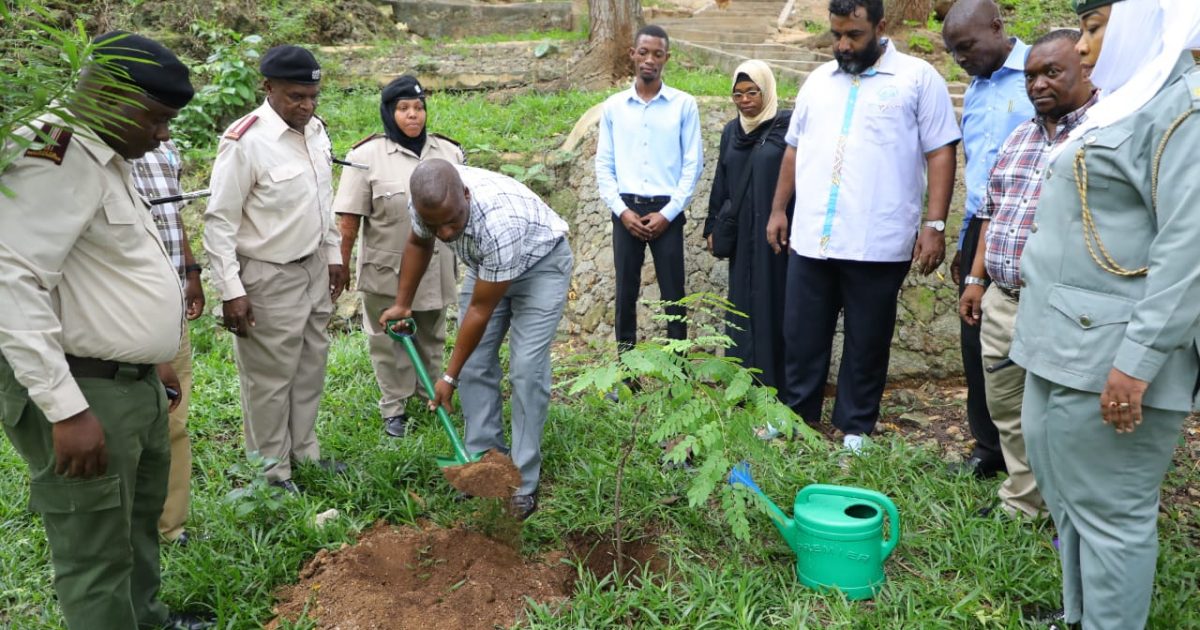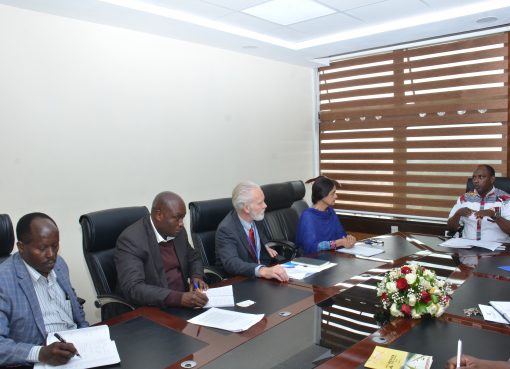Mvita Deputy County Commissioner (DCC) Ronald Mwiwawi has said there is need to educate the community against consuming and peddling illicit drugs.
Speaking at the Swahilipot Hub ahead of the International Day Against Drug Abuse, the DCC highlighted the gravity of drug abuse in Mombasa, emphasizing that it is a disease that requires treatment and that society should comprehend.
“This is a disease like any other and should be treated accordingly,” said Mwiwawi.
The DCC revealed that he had requested the Ministry of Education to assist them in reaching out to students in schools to educate them on the effects of drug abuse, as most fall victim to during their academic years.
He stated that drug abuse in schools adversely affects academic performance, resulting in dropouts and an upsurge of street children.
Mwiwawi further advised parents with children affected by drug abuse to support them in recovery and refrain from stigmatizing them. “Mombasa has a problem, a disease, a disaster that requires urgent attention,” he stated.
Taib Abdulrahman, the Director of Reach Out Centre Trust, a drug abuse rehabilitation centre extolled the National Authority for the Campaign Against Alcohol and Drug Abuse (NACADA) for their technical support in strengthening the available rehabilitation programmes and initiating new ones targeting schools, early detection, and prevention methods.Abdulrahman said drug abuse is rampant in Mombasa County, adding that the most abused drug is heroin.
“Given that Miraa is affordable, many users have access to it,” said Basheeib adding that they have discussed the issue with the County Government, hoping they will regulate the sale of Miraa and other legal drugs that are being abused as they have side effects.
NACADA Coast Regional Manager George Karisa urged parents not to abandon their responsibilities as the children risk indulging in drug and substance abuse.
The International Day against Drug Abuse and Illicit Trafficking, or World Drug Day, is marked on 26 June every year. This year’s theme is “People first: stop stigma and discrimination, strengthen prevention”.
According to the United Nations Office on Drugs and Crime (UNODC), this year’s campaign aims to raise awareness about the importance of treating people who use drugs with respect and empathy, providing evidence-based, voluntary services for all, offering alternatives to punishment, prioritizing prevention and leading with compassion.
The campaign also aims to combat stigma and discrimination against people who use drugs by promoting language and attitudes that are respectful and non-judgmental.
By Rehema Ravoga





